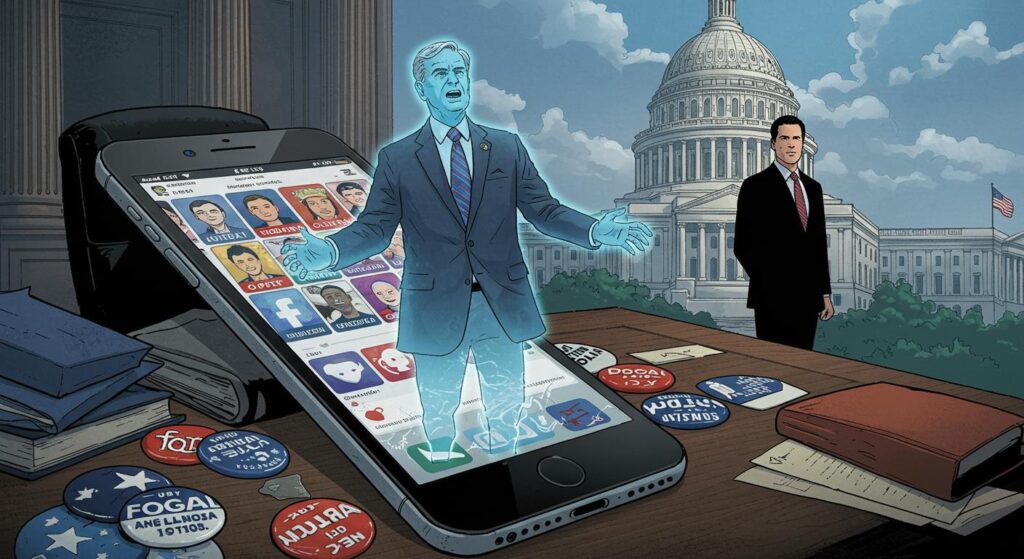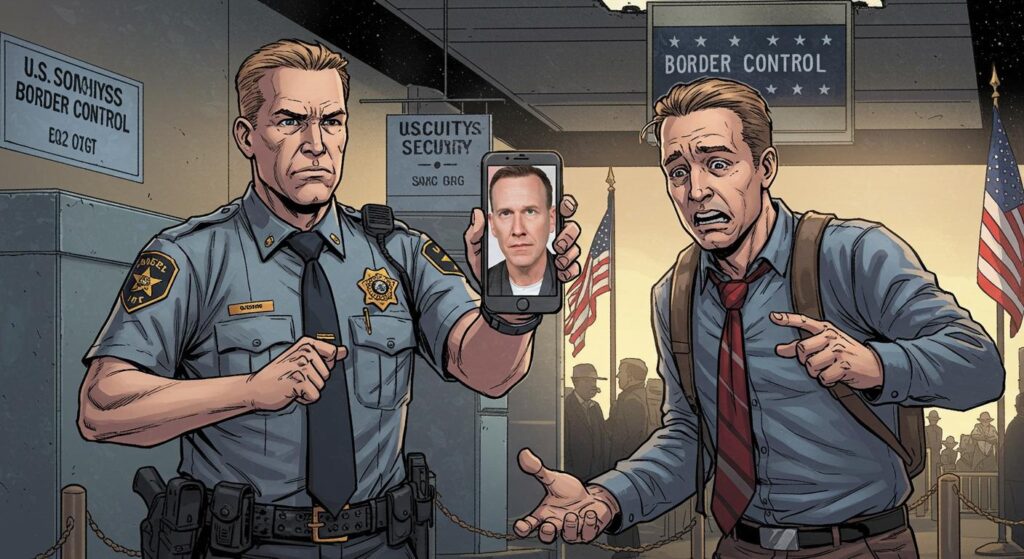There are many things you might expect of New Zealand: sweeping Lord of the Rings landscapes, an alarming sheep-to-human ratio (though, as recent advertising admits, that’s now “embarrassingly low”), and perhaps a memorable rugby moment. What probably doesn’t top anyone’s mental list? “Best place in the world to have herpes.” Yet in a twist that would make even the most seasoned archivist do a double take, New Zealand now wears exactly that badge—at least, if you go by the world’s top creative awards.
National Pride Gets an Unexpected Makeover
The explanation for this slightly surreal fact lies in a campaign launched last October by the New Zealand Herpes Foundation. As detailed in the BBC’s reporting, the foundation, with a hefty dose of comedic bravado and the help of agencies Motion Sickness and FINCH, set out to not just destigmatize herpes, but to make New Zealand the global epicenter for living openly and unashamedly with the virus.
Central to their effort: a faux tourism ad starring Sir Graham Henry, the former national rugby coach, who—in what might pass for a fever dream of public health messaging—laments the loss of traditional Kiwi sources of pride (“an embarrassingly low” sheep count, meat pies “pushing seven bucks”) and suggests a bold solution. The campaign’s now-iconic moment features Henry writing “HERPES” in all caps on a chalkboard, as if revealing a secret national strategy.
With additional appearances by figures like Sir Ashley Bloomfield and professional boxer Mea Motu, the tone is deliberately irreverent. Structured as a “herpes destigmatisation course,” the whole exercise is a send-up of conventional PSAs—pushing viewers to laugh with, rather than cringe at, a topic that’s usually cloaked in discomfort.
Award-Winning Absurdity
Rather than stay a local in-joke, the campaign went on to snag the Grand Prix for Good at this year’s Cannes Lions awards—a notable twist highlighted by the BBC and reinforced by David Ohana, a jury president who pointed to the campaign’s success at turning taboo topics into moments of genuine humor and connection. Rather than the typical gloom of health PSAs, New Zealand’s approach was to bombard stigma with punchlines, making viewers laugh and, maybe, loosen up about sexual health.
This method seems to have paid off. According to a press release at the time of the campaign launch, also referenced in the BBC article, the irreverent tone resonated with a public apparently more eager for candor than scolding. Alaina Luxmoore from the Herpes Foundation told a local morning show (with the BBC summarizing the appearance) that millions had viewed the campaign and its “massive cut-through” had everything to do with its infectious (pun only half intended) sense of humor.
When Awkward Isn’t Always a Bad Thing
Behind the laughs lies a serious reality check. Roughly one in three sexually active adults in New Zealand carries the virus responsible for genital herpes, with the vast majority experiencing mild or even no symptoms—a detail the BBC relays from the foundation’s own fact sheets. The bigger obstacle, as described in the campaign materials and highlighted by the outlet, is the lingering fog of shame surrounding the diagnosis. Generations of misinformation, awkward media coverage, and the local reluctance to talk openly about sexual health have combined to magnify stigma far beyond medical necessity.
Is it any surprise, then, that such a reserved culture would deploy wry humor to shift that narrative? Using national icons to lead “destigmatisation courses” might sound unorthodox, but it’s tough to argue with the sheer reach and conversation it sparked. Perhaps treating herpes as just another part of daily life (pie prices, sheep tallies, rugby legends, and all) is the subversive act this topic needed.
Rethinking Public Health Campaigns, Kiwi-Style
The question lingers: has New Zealand unlocked a formula for tackling health taboos? As the BBC article makes clear, the campaign didn’t just set out to rack up viral views; it built a platform for honest, even lighthearted, dialogue. The recognition at Cannes seems less about rewarding shock value and more about signaling an overdue shift in how awkward, everyday medical realities get addressed—perhaps laughter really can be a type of medicine, at least for stigma.
Whether any other country is ready to try out-dueling New Zealand for the “herpes haven” title remains to be seen. Yet the approach points toward a curious truth: the things we sidestep out of embarrassment might just become more manageable, even tolerable, when we shine a little humor their way. Is it a coincidence that a campaign about awkward conversations has made global waves in a nation known for understated innovation? Or is the real lesson that a dash of Kiwi wit—plus a willingness to say the unsayable—can do more for public health than another round of guilt trips?
Whatever the case, New Zealand has managed to turn herpes into an accolade, and in the process, remind us that sometimes the punchline packs more power than the warning label.







